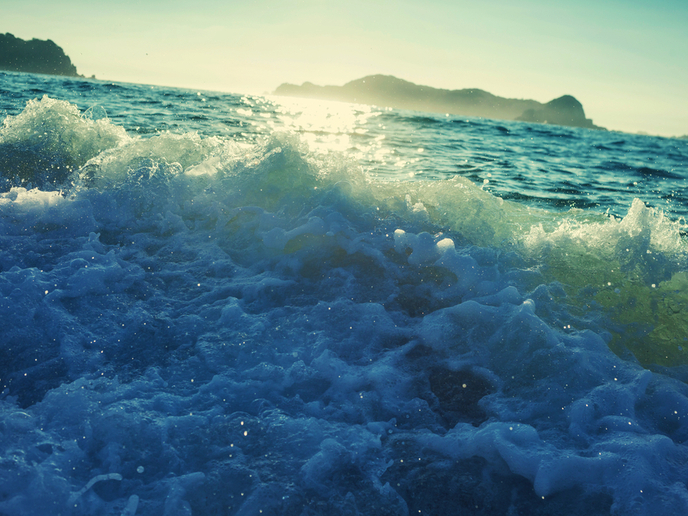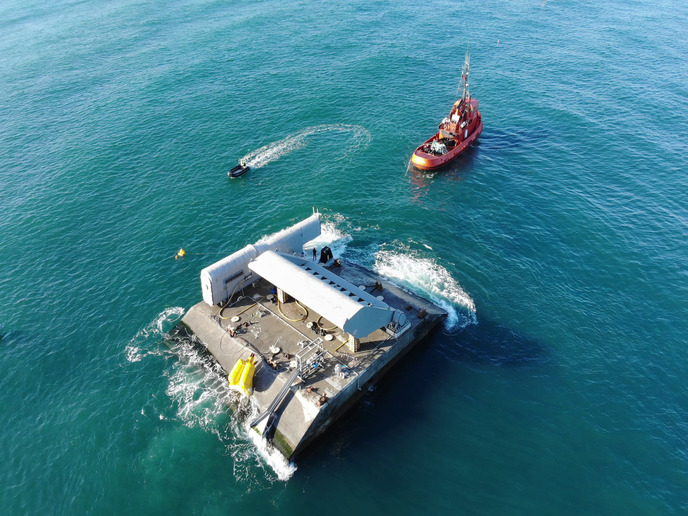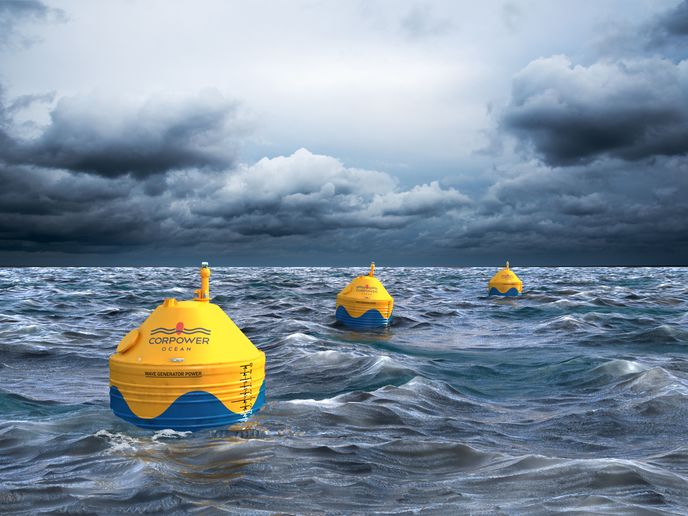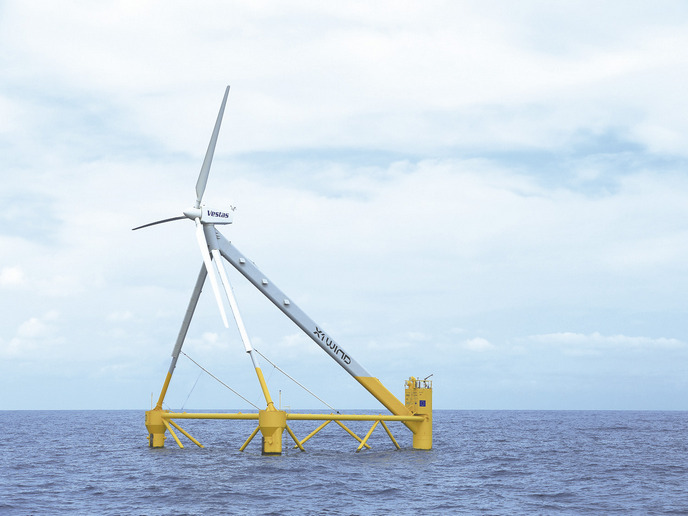Optimising ocean energy, one wave at a time
When it comes to waves, Europe is truly blessed. The potential energy to be harnessed along the continent’s multiple coasts could cover around 10 % of its electricity needs, while cutting carbon emissions and helping the transition to a carbon-free economy. EU businesses keen to exploit this blue and green energy source are racing ahead with research and development, and have put Europe at the forefront of the field. However, European engineers still have knowledge gaps about the full extent of the challenges related to operating wave energy technology in the open ocean. To this end, the OPERA project embarked on a 31-month trial of an electricity-generating floating ocean device, to both test the viability of the technology, and harvest vast amounts of data critical to the advancement of the research field. “OPERA’s main goal is the long-term reduction of wave energy cost by at least 50 %. We wanted to achieve this through the validation and de-risking of four industrial innovations: novel biradial air turbines; advanced control algorithms; elastomeric mooring tether; and shared mooring systems. The team also set out to deliver open access, high-quality open-sea operating data to the wave energy development community. This way, the project will avoid repeating early engineering mistakes and bring wave energy to the market more quickly,” explains Pablo Ruiz-Minguela, head of wave energy at Tecnalia and OPERA project coordinator.
Fruitful years at sea
The device chosen to brave the open ocean, for three consecutive winters, was a floating wave energy converter, MARMOK-A-5. The conditions weren’t easy for this hardy piece of technology, which draws energy from a wave-powered rotating air turbine. “MARMOK-A-5 has demonstrated survivability in rough seas up to 14 m maximum wave height and displayed increasing availability reaching 90 %,” says Ruiz-Minguela. Though the prototype was designed to validate the technology’s potential rather than focus on energy production, it also generated some electricity, and was grid-connected through an umbilical power cable to an onshore substation. According to the results, a full-scale MARMOK device could generate enough energy to supply electricity to 150 households. The OPERA research team also gained over 1 000 man-hours of operation and maintenance experience. The team feels confident in MARMOK’s performance and robustness at sea. “The experimental results confirm that the innovations can improve turbine efficiency by 55 %, increase the overall power production by 30 % and reduce the peak loads in the mooring lines by 50 %,” adds Ruiz-Minguela. Aside from its success as a proof of concept prototype, MARMOK gathered vast amounts of data during its time in the ocean. These data, which will be vital for companies operating in the wave energy industry, are grouped into five categories: environmental monitoring; mooring performance; biradial turbine performance; power output; and power quality.
Passing on the knowledge
The testing delivered insights about making wave energy more competitive. “The wave energy community could leverage this information to better understand the sector challenges,” notes Ruiz-Minguela. Project partners are already using the new datasets to fine-tune their designs for wave energy technology and associated system infrastructure. Associated proposals based on the key exploitable results include a new floating device with a shared mooring configuration, new tethers for mooring systems, and advanced control algorithms. “The operating experience in OPERA is not restricted to datasets. It also provided various lessons learnt and recommendations for the sector spanning data management procedures, application of international standards, planning of marine operations, as well as economics of wave energy, life-cycle and social benefits,” Ruiz-Minguela concludes.







